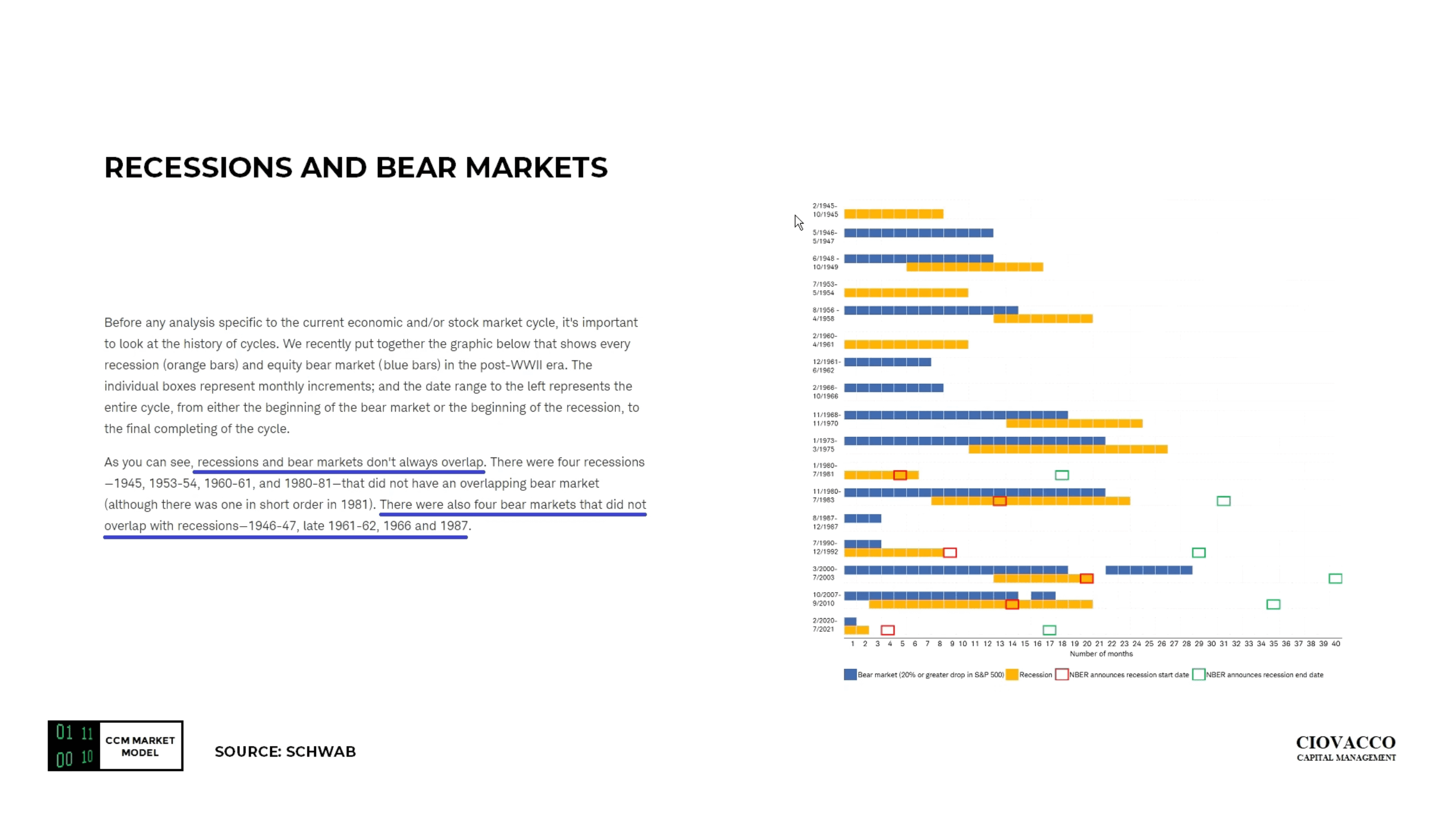Breaking Free From Financial Barriers: Strategies For When Funds Are Limited

Table of Contents
Budgeting and Prioritization: Mastering Your Money
Mastering your finances begins with understanding where your money is going. Effective budgeting and prioritization are crucial steps in breaking free from financial barriers.
Creating a Realistic Budget
Tracking your income and expenses is the cornerstone of any successful budget. Many free budgeting apps can significantly simplify this process. Categorize your spending to identify areas where you might be overspending.
- Budgeting Apps: Mint, YNAB (You Need A Budget), Personal Capital, EveryDollar.
- Tracking Irregular Income: Use a spreadsheet or app to manually log income from freelance work or part-time jobs. Average out irregular income over a longer period for accurate budgeting.
- Identifying Areas for Reduction: Analyze your spending categories to pinpoint areas where you can cut back without sacrificing essential needs.
Prioritizing Essential Expenses
Differentiating between needs and wants is key to effective budgeting. Essential expenses like housing, food, utilities, transportation, and healthcare should always take precedence.
- Needs vs. Wants: Needs are essential for survival and well-being; wants are things you desire but can live without.
- Negotiating Bills: Contact your service providers (internet, phone, insurance) to negotiate lower rates or explore alternative, more affordable options.
- Reducing Grocery Costs: Plan your meals, utilize coupons, buy in bulk (when practical), and consider less expensive protein sources.
Identifying and Eliminating Debt
High-interest debt, such as credit card debt, can significantly hinder your financial progress. Developing a strategy to manage and eliminate this debt is crucial for breaking free from financial barriers.
- Debt Snowball vs. Debt Avalanche: The snowball method focuses on paying off the smallest debts first for motivation; the avalanche method targets the debts with the highest interest rates first to save money in the long run.
- Debt Counseling Resources: Organizations like the National Foundation for Credit Counseling (NFCC) offer guidance and support for managing debt.
- Negotiating with Creditors: Contact your creditors to explore options like lower interest rates or payment plans.
Increasing Income Streams: Exploring New Avenues
Increasing your income is a powerful way to accelerate your progress towards financial freedom and effectively breaking free from financial barriers.
Finding a Side Hustle
A side hustle can provide extra cash flow to pay down debt, build an emergency fund, or simply improve your financial situation.
- Popular Side Hustles: Freelancing (writing, graphic design, virtual assistance), gig work (driving, delivery services), online surveys, selling crafts or goods on Etsy or eBay.
- Freelance Platforms: Upwork, Fiverr, Freelancer.com.
- Marketing Handmade Goods: Utilize social media, online marketplaces, and local craft fairs to reach potential customers.
Negotiating a Raise or Seeking a Higher-Paying Job
Don't undervalue your skills and experience. Negotiating a raise or searching for a better-paying job can significantly boost your income.
- Researching Industry Salary Benchmarks: Use resources like Glassdoor or Salary.com to research average salaries for similar roles in your area.
- Preparing for Salary Negotiation: Know your worth, highlight your accomplishments, and present a confident and well-researched case for a raise.
- Effective Job Search Strategies: Update your resume and LinkedIn profile, network with professionals in your field, and utilize job boards and recruitment agencies.
Utilizing Your Skills and Talents
Monetizing your existing skills and talents can generate additional income streams.
- Skills to Monetize: Writing, editing, teaching, coaching, consulting, graphic design, web development.
- Platforms for Online Courses: Udemy, Coursera, Skillshare.
- Marketing Consulting Services: Network with potential clients, build a professional website, and showcase your expertise through case studies and testimonials.
Smart Spending and Saving Strategies: Making Every Dollar Count
Even with limited funds, smart spending and saving habits can make a significant difference in your financial journey, contributing significantly to breaking free from financial barriers.
Utilizing Coupons and Discounts
Take advantage of coupons, discount codes, loyalty programs, and sales to stretch your budget further.
- Coupon Websites and Apps: RetailMeNot, Coupons.com, Groupon.
- Maximizing Loyalty Program Benefits: Use loyalty cards and sign up for email newsletters to receive exclusive offers and discounts.
- Avoiding Impulse Purchases: Wait 24 hours before making non-essential purchases to avoid impulse buying.
Avoiding Unnecessary Expenses
Identify and eliminate unnecessary expenses to free up more money for savings and debt repayment.
- Unnecessary Expenses: Expensive subscriptions, eating out frequently, impulse purchases, entertainment costs.
- Reducing Subscriptions: Review your subscriptions and cancel any you don't regularly use.
- Cooking at Home More Often: Preparing meals at home is significantly cheaper than eating out.
Building an Emergency Fund
An emergency fund is crucial for navigating unexpected expenses and avoiding further financial hardship.
- Saving Small Amounts Regularly: Start small, even with $10-$20 a week, and gradually increase your contributions.
- Setting Realistic Savings Goals: Set a short-term goal (e.g., $500) and then work towards a larger, long-term goal (e.g., 3-6 months' worth of living expenses).
- Automating Savings: Set up automatic transfers from your checking account to your savings account each month.
Conclusion
Breaking free from financial barriers requires a multifaceted approach. By implementing these strategies – creating a realistic budget, increasing income streams, and practicing smart spending and saving – you can steadily improve your financial situation. Consistent effort and careful planning are key to achieving long-term financial success. Start escaping financial barriers today by implementing these strategies. Download our free budgeting worksheet [link to worksheet] to get started!

Featured Posts
-
 Water Colour Script Review A Realistic Assessment Of A New Play
May 21, 2025
Water Colour Script Review A Realistic Assessment Of A New Play
May 21, 2025 -
 Pub Landlords Foul Mouthed Rant Staff Members Notice Sparks Outburst
May 21, 2025
Pub Landlords Foul Mouthed Rant Staff Members Notice Sparks Outburst
May 21, 2025 -
 Jacob Friisin Avauskokoonpano Kamara Ja Pukki Vaihdossa
May 21, 2025
Jacob Friisin Avauskokoonpano Kamara Ja Pukki Vaihdossa
May 21, 2025 -
 D Wave Quantum Inc Qbts Stock Market Performance A Detailed Look At This Weeks Activity
May 21, 2025
D Wave Quantum Inc Qbts Stock Market Performance A Detailed Look At This Weeks Activity
May 21, 2025 -
 Vybz Kartel Electrifies Brooklyn With Sold Out Concert Series
May 21, 2025
Vybz Kartel Electrifies Brooklyn With Sold Out Concert Series
May 21, 2025
